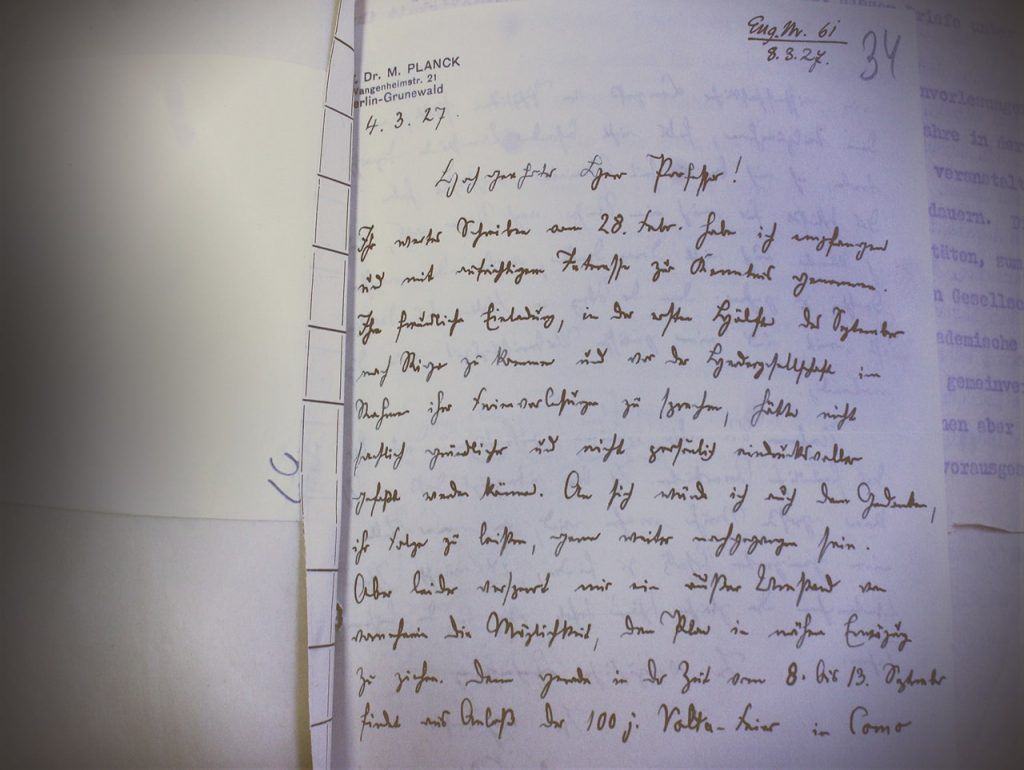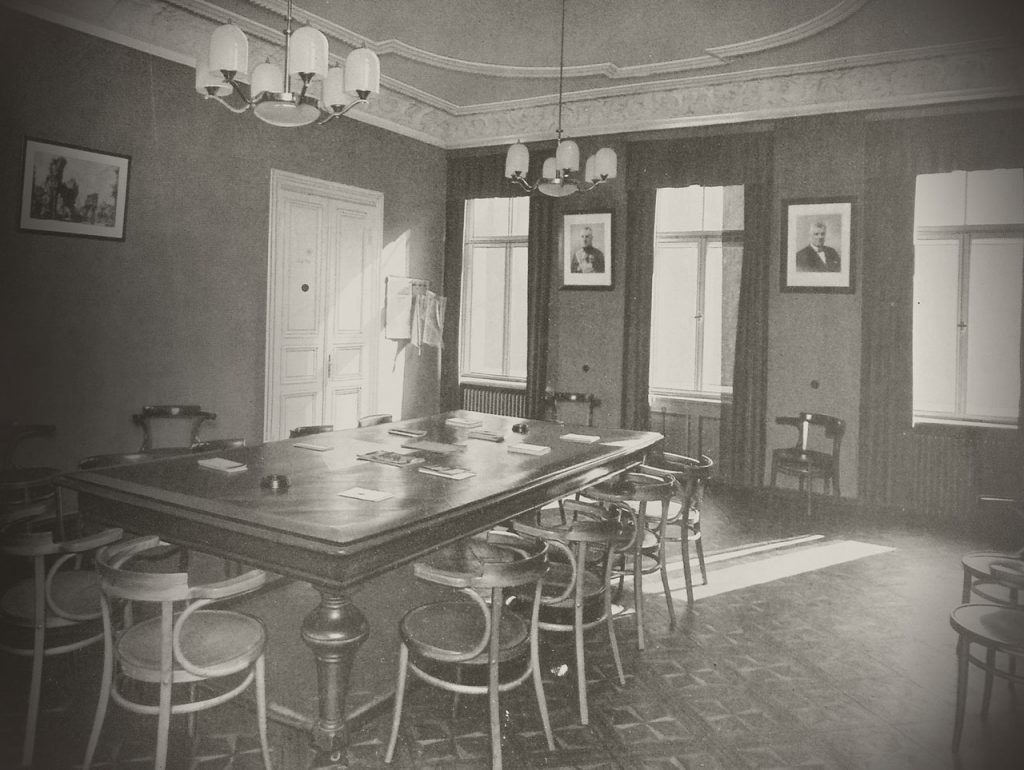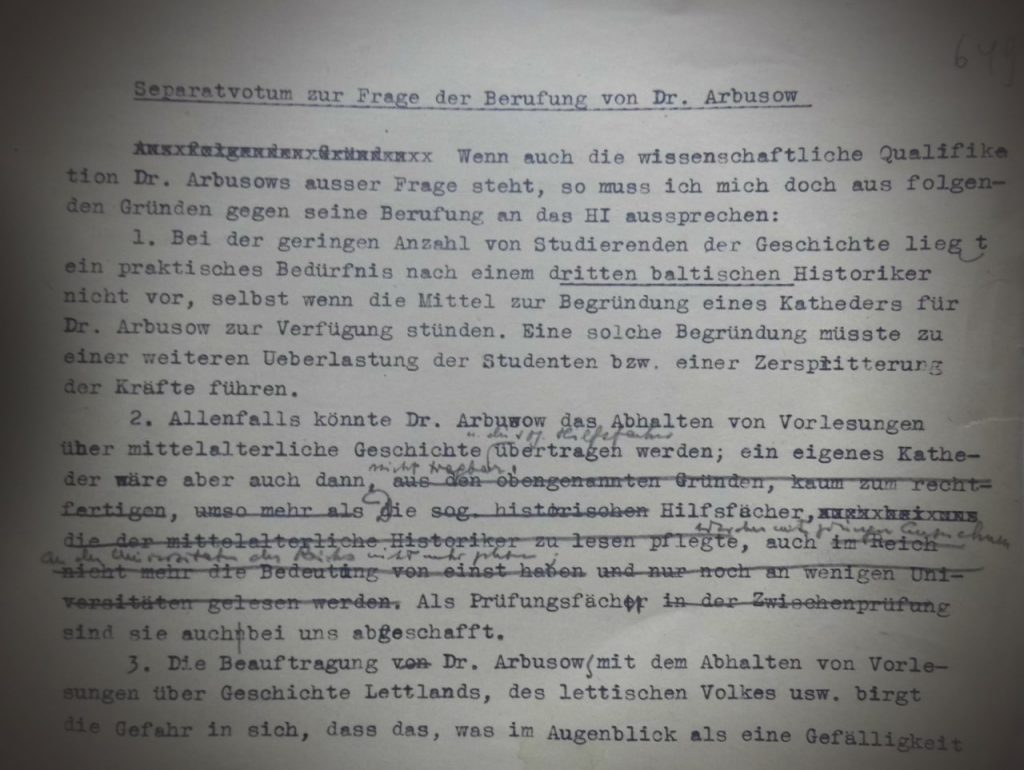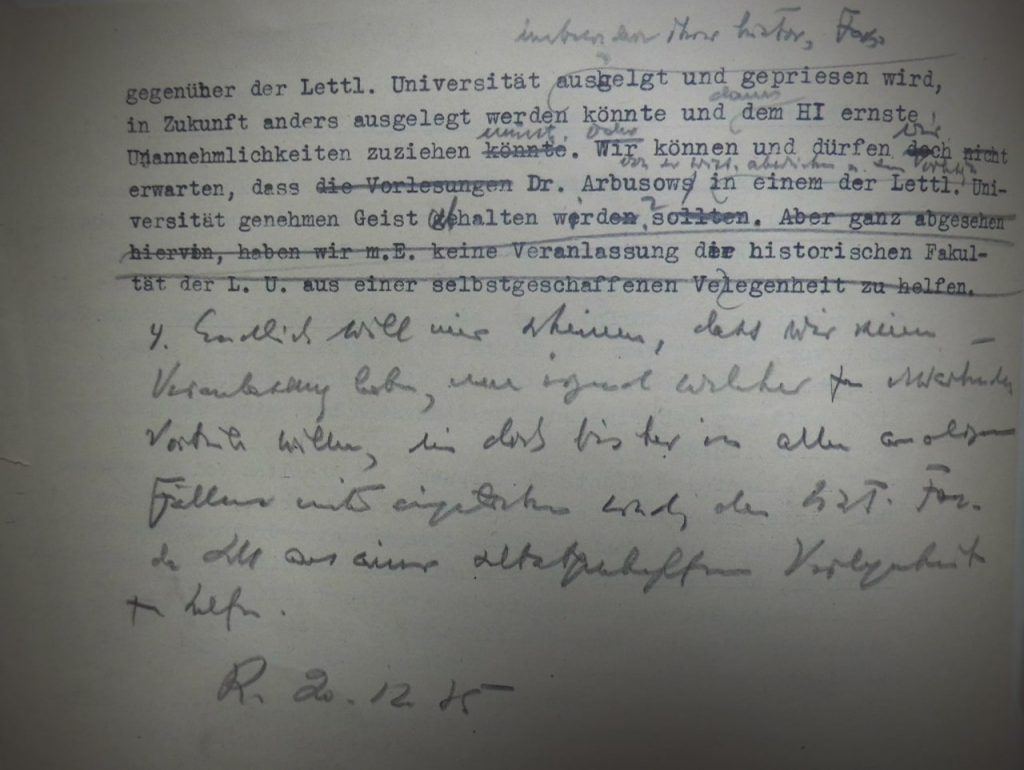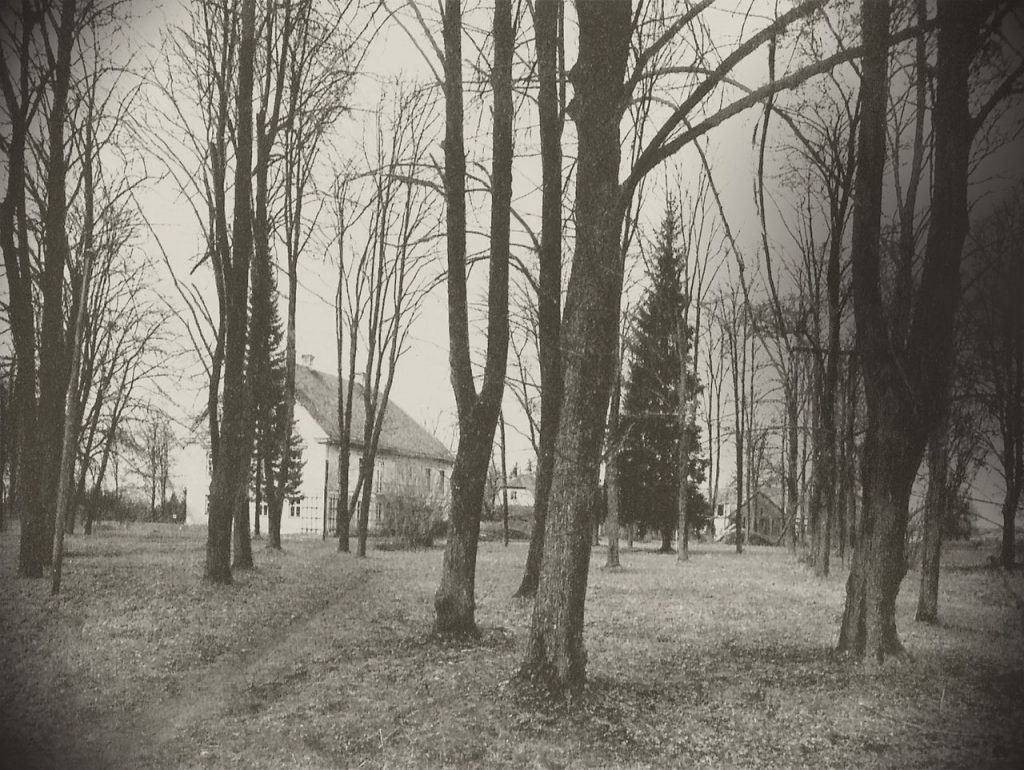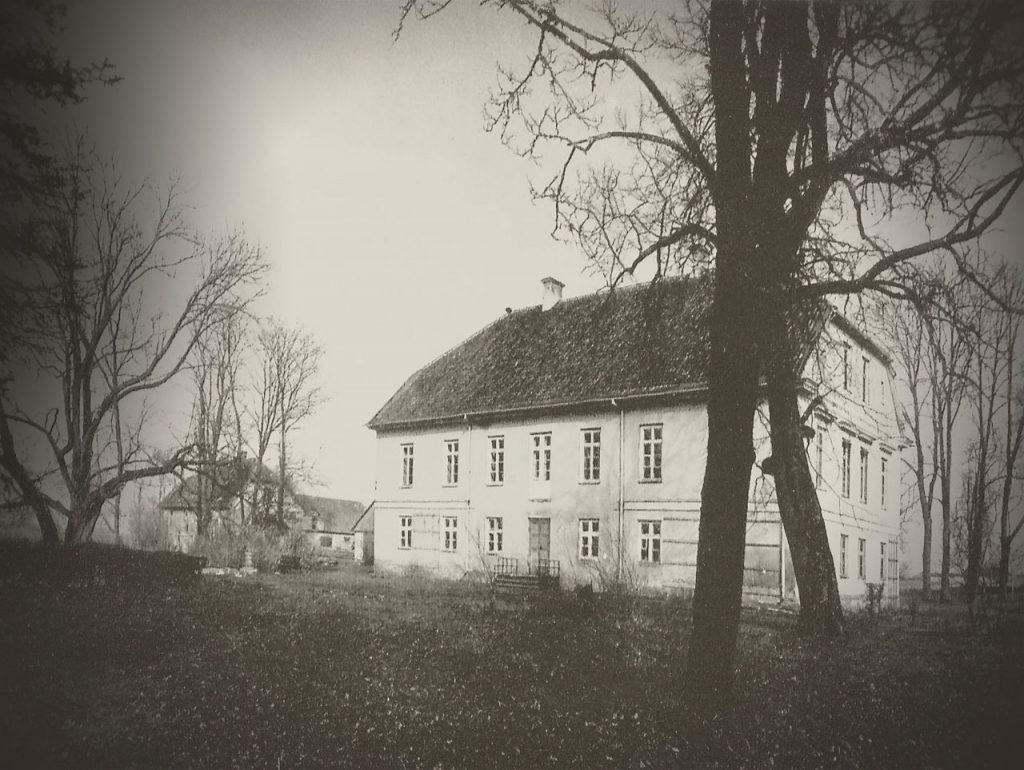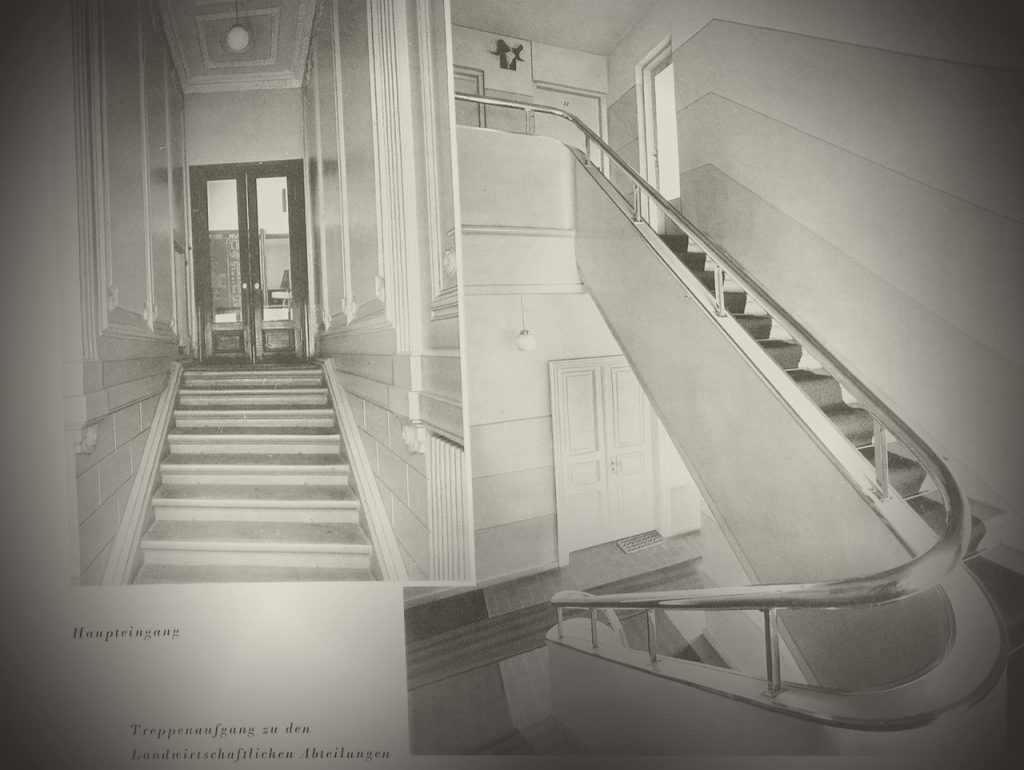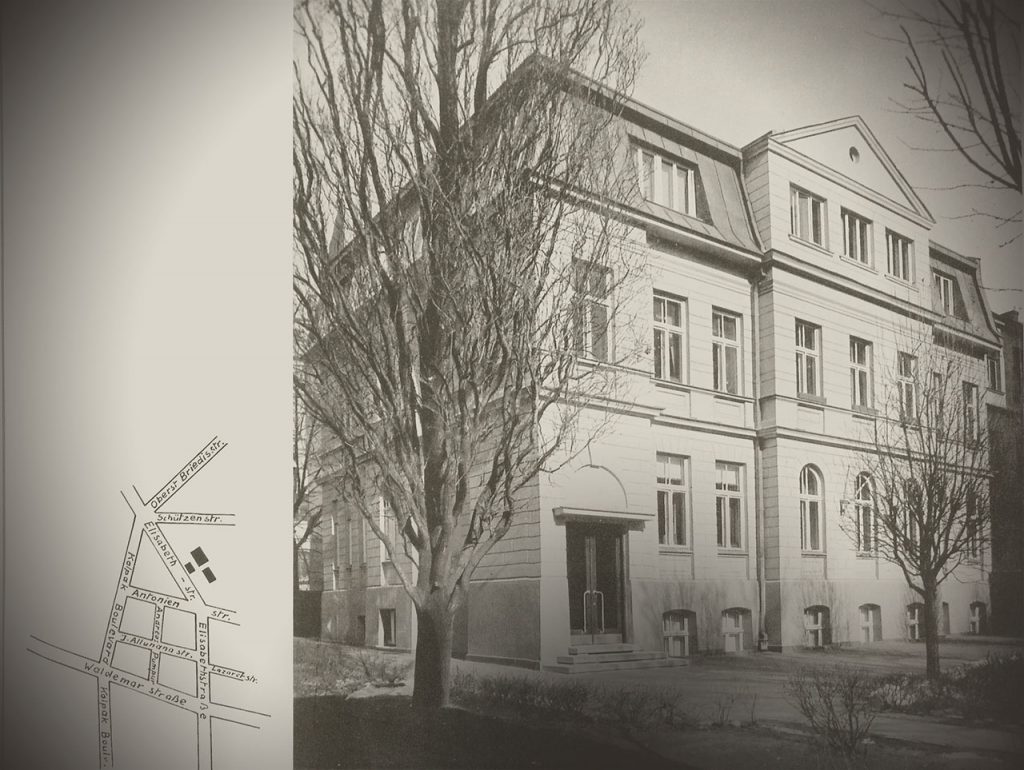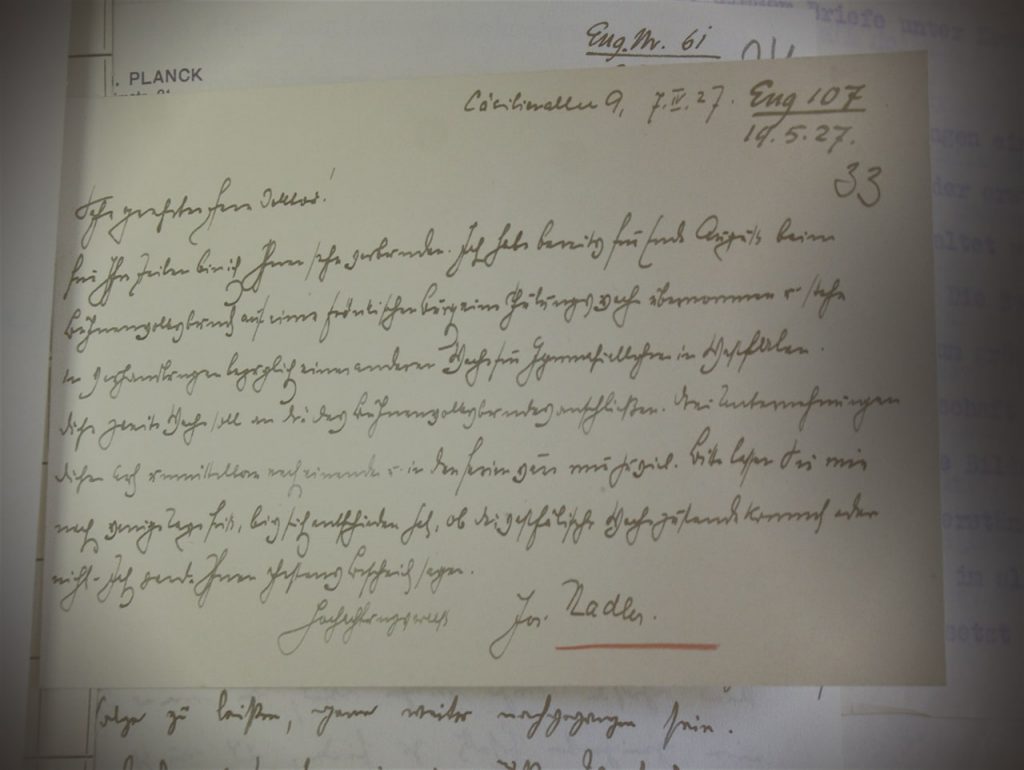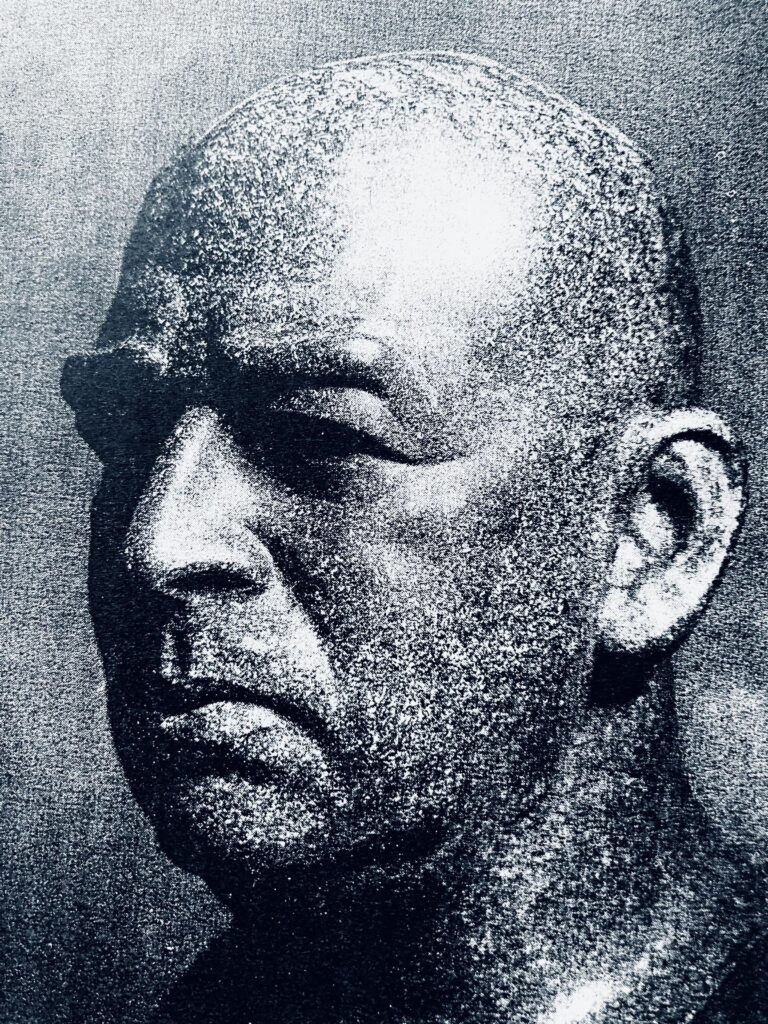After his lecture trip in 1924 to the Baltic countries, Oswald Spengler receives a letter, dated by the 6th of February, 1925, from the Great Guild in which, among other things, in the name of the Herders Society is expressed the regret about some statements during the discussions and private conversations in Riga that have caused unpleasant moments for Spengler. Herders Society has assigned HI professors Kupfer and Vulfius to investigate this case. The “guilty” is none other than German Baltic politician and social worker Paul Schiemann. He is forced to sign an explanatory letter in which he describes the events of November 1924. In a rather long letter to Vulfius, Schiemann pictures the conversation with Spengler in Riga: in the 21st of November, 1924, after Schiemann’s lecture about the work of the German minority, several attendants gathered for some beer mugs in the basement of “Roma”, amongst them was also Oswald Spengler. During the conversation, Schiemann mentioned the national positive expressions by the German Minister of Economy at that time in the meeting of the German Society. Spengler reacted by pointing out that minister Hamm is not that strongly nationally oriented. He mentioned German craftsman’s situation in Upper Silesia: Hamm did not express enough of national attitude in the matter about Ruhr area and relied on the influence by trade unions, not on the nationalist forces. He acted just as in the case of Upper Silesia, where the trade unions did not turn out to be capable of helping German workers. Apparently, Spengler didn’t mean to blame Hamm for solving the matter of Upper Silesia, instead, he referred to this case as analogous to Hamm’s politics in the Ruhr area. After that Schiemann in Frankfurt am Main spoke with the Adviser to the Ministry of Foreign Affairs and the German ambassador in Latvia, Kester, to find out more about Hamm’s political position. Kester pointed out that Hamm wasn’t even in the government during solving the matter of Upper Silesia. Kester then contacted Hamm, who moved forward the case and it affected Spengler and evoked heated correspondence. Schiemann sent the copies of his explanatory letter also to Spengler and Kester.
This correspondence shows not only the struggle between politically differently oriented groups in Germany and describes the time of the Weimar Republic; it testifies to the scale of the involvement of German Baltic intellectuals in Germany’s social-political struggles and to the fact that these struggles were carried out in Riga as well.
